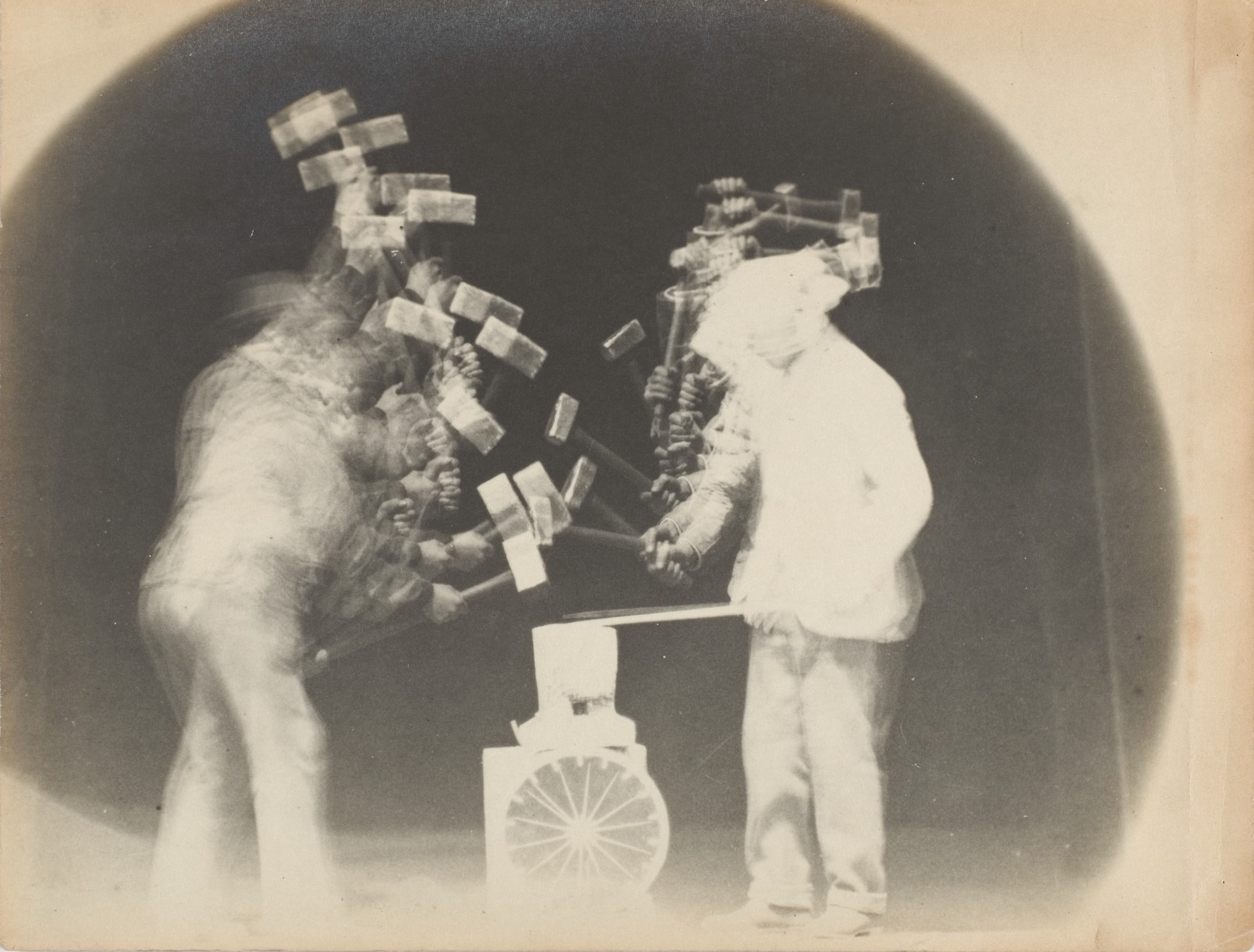Students and scholars at Aalborg University are invited to join our enhanced 'silent' data sessions, which take place every semester on campus. The data sessions are organised by Paul McIlvenny (C-DiT), Pirkko Raudaskoski (Mattering) and Jacob Davidsen (E-learning lab). We use a variety of technologies, including silent disco, version control, simultaneous transcript editing, and our virtual reality tools such as AVA360VR, CAVA360VR and SQUIVE, to support data sessions in our own special way.
Format
The data sessions do not have to use conversation analysis specifically, but the principle is that we focus on the collaborative analysis of audio, video and other materials from a discourse, interaction and practice-based perspective. The data to be presented should be 'fresh' in the sense that the presenter does not already have a full analysis. It would be best if the data could be presented in its original or recorded form. Some form of re-representation (eg. a transcript) is essential (copies should be made by the presenter to circulate at the data session). If the data is sensitive, then recordings ought to be anonymised, and transcripts recalled at the end of the session. The data session is an opportunity to explore your data in a friendly environment with other researchers while you, the presenter, retain the right to use any proto-analysis or interpretation that arises in the data session, and with the full expectation of data confidentiality etc.
You can find a more precise account of our experiments in the following published article:
-
McIlvenny, Paul (2020). New Technology and Tools to Enhance Collaborative Video Analysis in Live 'Data Sessions'. QuiViRR: Qualitative Video Research Reports 1: a0001. 10.5278/ojs.quivirr.v1.2020.a0001.
Location
The data sessions will usually take place at the CREATE campus site. Virtual data sessions using CAVA360VR will take place in Virtual Reality over the Internet at various locations with up to 20 concurrent users/analysts.
Schedule
- Autumn 2021
- Spring 2021
- Autumn 2020
- Spring 2020
- Autumn 2019
- Spring 2019
- Autumn 2018
- Spring 2018
- Autumn 2017
- Spring 2017
- Autumn 2016
- Spring 2016
- Autumn 2015
Participation
Participation is open and is not restricted to doctoral students. Scholars and Masters students are also welcome.
Participation in a data session is expected to be active. A data session is a collaborative endeavour in which everyone gets to add something to the analysis that is emerging. It is always an educational and rewarding experience!
If you present some data, then there is an expectation that you will also attend and participate in the presentations of others.
Lastly, the custom is that if you present some data, then you should bring something for everyone to eat, preferably home-made.
If you are not already subscribed to the INTERDISC DISCUSSION SESSION mailing list, then send an email to Paul McIlvenny.
References
- Antaki, Charles, Biazzi, Michela, Nissen, Anette & Wagner, Johannes (2008). Accounting for Moral Judgments in Academic Talk: The Case of a Conversation Analysis Data Session. Text & Talk - An Interdisciplinary Journal of Language, Discourse & Communication Studies 28(1): 1-30.
- Fraser, Mike, Biegel, G., Best, K., Hindmarsh, Jon, Heath, Christian, Greenhalgh, Chris & Reeves, Stuart (2005). Distributing Data Sessions: Supporting Remote Collaboration with Video Data, in Proceedings of the First International Conference on e-Social Science, 22nd-24th June 2005, Manchester, UK.
- Fraser, Mike, Shaukat, Muneeb, Timakov, Serguei, Smith, Phillip, Hindmarsh, Jon, Tutt, Dylan, Heath, Christian, Manuel, Anne, Gibbs, Marie & Barnes, Sally (2006). Using Real-Time Freeform Annotations as Qualitative e-Research Metadata. Second International Conference on e-Social Science, June 2006, in Manchester.
- Harris, Jessica, Theobald, Maryanne, et al. (2012). 'What's Going on Here?' The Pedagogy of a Data Analysis Session. In Lee, Alison & Danby, Susan (Eds.), Reshaping Doctoral Education: International Programs and Pedagogies. Abingdon: Routledge.
- Stevanovic, Melisa & Weiste, Elina (2017). Conversation-analytic Data Session as a Pedagogical Institution. Learning, Culture and Social Interaction 15: 1-17.
- Tutt, Dylan & Hindmarsh, Jon (2011). Reenactments at Work: Demonstrating Conduct in Data Sessions. Research on Language & Social Interaction 44(3): 211-236.
